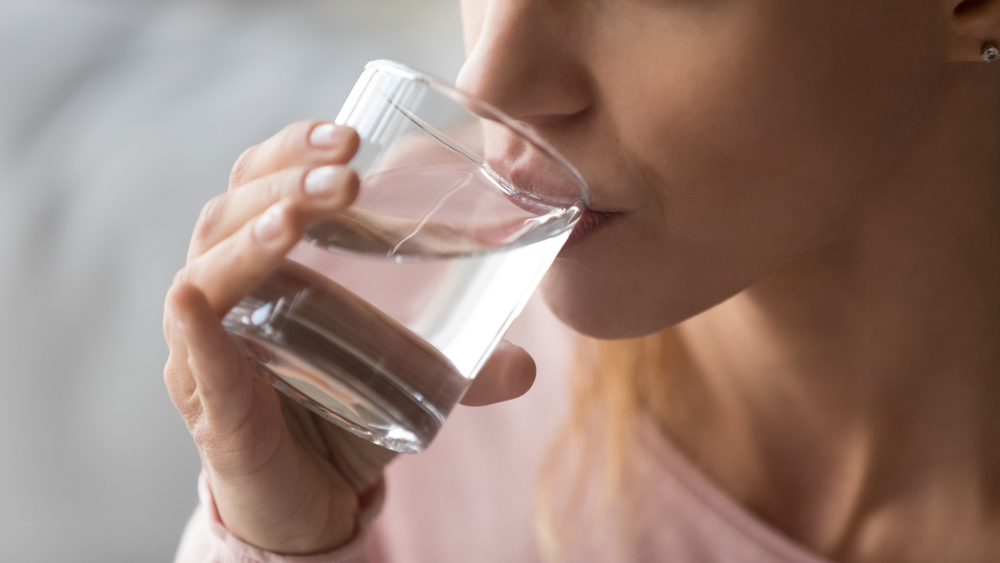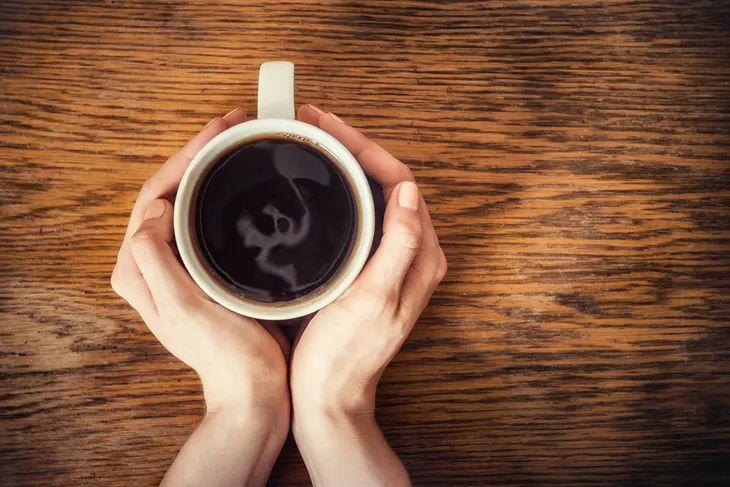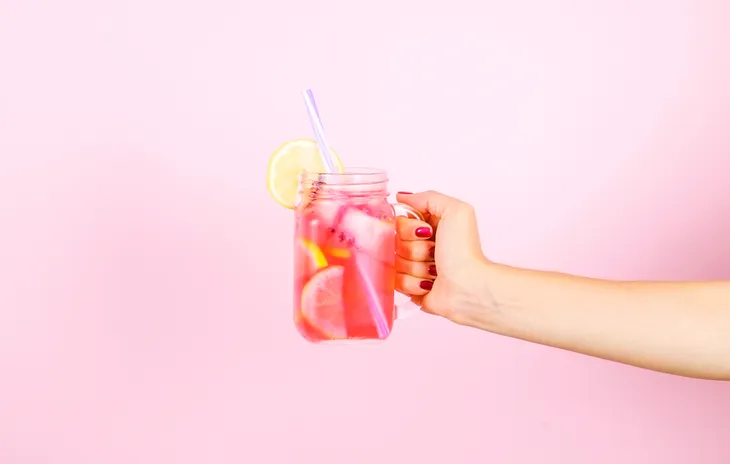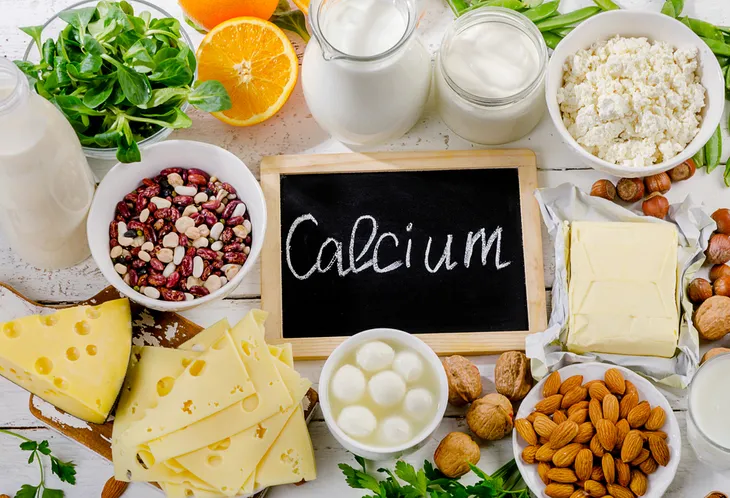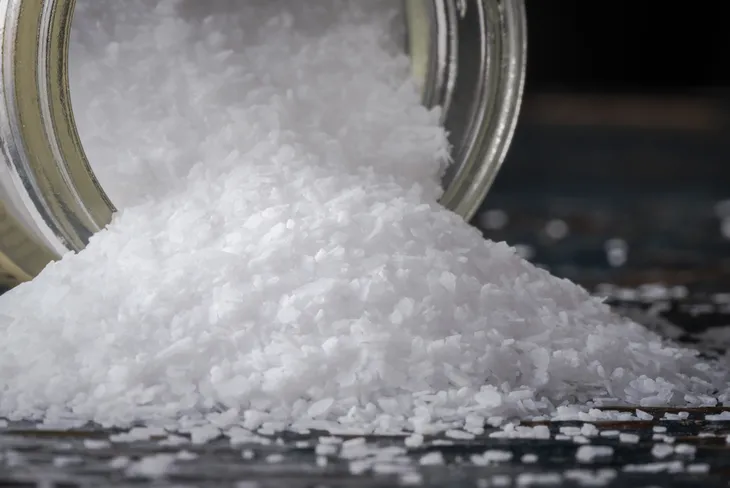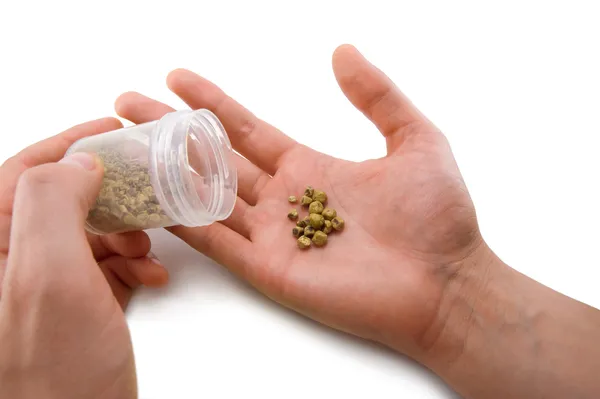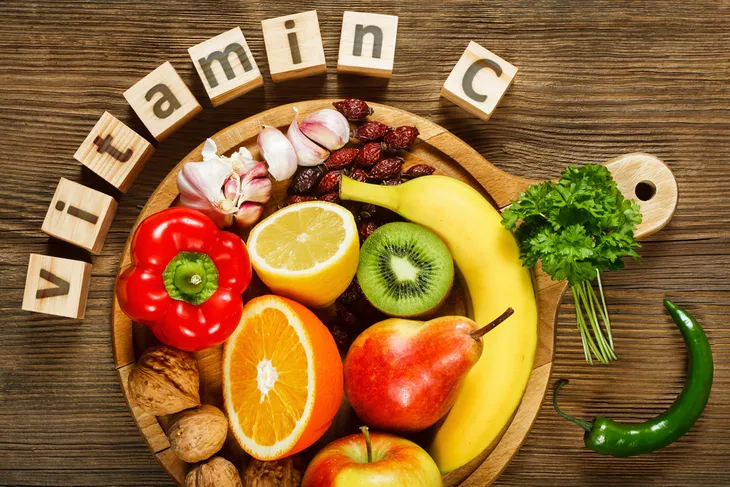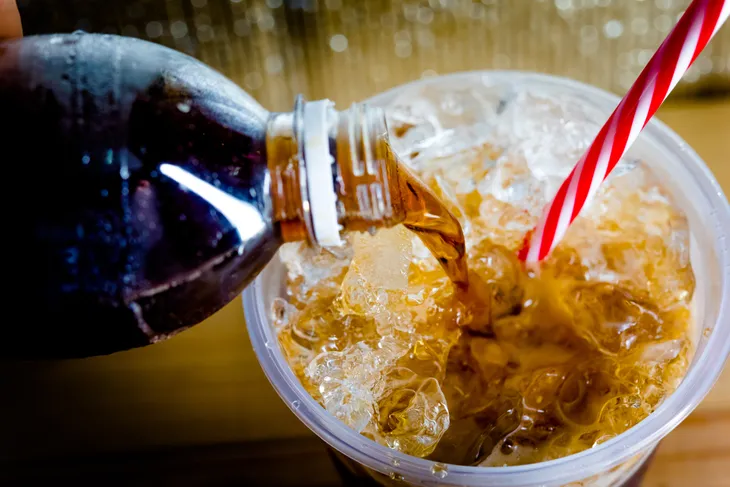Kidney stones can lead to severe pain when they become dislodged or block the urinary tube leading out of the body. So, needless to say, it’s preferable not to have them.
But is that easier said than done? There’s no guaranteed way to prevent them, but there are diet and lifestyle factors that can greatly reduce the risk. Here are 12 of them…
1. Water Them Down
Staying hydrated is important for many reasons, but it’s also a way to keep kidney stones from forming, says Healthline. In fact, “Drinking more water is the best way to prevent kidney stones,” it says.
The more water you drink, the more urine you’ll produce – and if you don’t pee regularly, it will become more concentrated “and less likely to dissolve urine salts that cause stones,” it adds.
2. Consume Coffee
While coffee is a standard way for millions of Americans to get going in the morning, it turns out it can also be an ally when it comes to preventing kidney stones, according to Prevention.
The source cites a study in the Clinical Journal of the American Society of Nephrology that shows those who drink at least 1-cup of caffeinated coffee per day have a 26-percent lower chance of forming kidney stones. Those who drink decaf coffee still have a 16-percent lower chance, it adds.
3. Hand Them Lemonade
According to the National Kidney Foundation, lemonade is high in natural citrate, and has the same stone-preventing benefits as potassium citrate used to treat chronic kidney stones.
It does warn of sugar content, however, noting it can raise kidney stone risk. The source suggests trying sugar-free lemonade, or making your own by mixing lemon (or lime) juice with water and using a non-sugar sweetener if you prefer. The source notes “citrate in the urine may prevent the calcium from binding with other constituents that lead to stones.”
4. Consider Calcium
Speaking of calcium, Healthline says it’s often falsely blamed for causing kidney stones – after all, it says the most common type of stone is the calcium oxalate stone.
However, while many people use this info as a reason to avoid calcium, low-calcium diets may actually increase your chance of developing kidney stones, it adds. However, try to get your calcium from food sources such as low-fat milk or cheese, rather than supplements that can increase risk (if you take supplements, take them with a meal to limit that risk).
5. So Long Sodium
It’s actually pretty difficult to avoid salt and sodium in your diet, and it’s not necessarily always a bad thing. However, as WebMD points out, a lot of sodium can lead to more calcium content in urine that “ups your odds for kidney stones.”
The source says you don’t have to avoid calcium-rich foods like salmon and kale, but you should also monitor your overall salt intake. It reiterates that too little calcium in your diet can be more of a risk than a benefit.
6. Learn About Oxalate
The National Kidney Foundation explains there’s something called oxalate that occurs naturally in many foods including fruits and vegetables, as well as nuts, seeds, grains, and more. “Moderating intake of these foods may be beneficial for people who form calcium oxalate stones,” it explains.
However, it speaks of a “common misconception” that limiting these oxalate food sources will alone limit your risk. “While in theory this might be true, this approach isn’t smart from an overall health perspective,” it adds, noting that stones usually form when oxalate binds to calcium when your kidneys produce urine.
7. Watch Your Meat Intake
Here’s one that vegetarians don’t have to worry about. While we’re not saying eating meat is a bad thing (you’ll get essential elements like iron, zinc, and essential vitamins), Healthline warns that too much of it can be a risk factor for developing kidney stones.
You’ll get a lot of protein from meat, but it says that high sources of animal protein are also acidic and could make your urine more acidic. This could lead to uric acid stones or calcium oxalate kidney stones, it adds. Limit or avoid your intake of beef, poultry, fish, and pork, suggests the source.
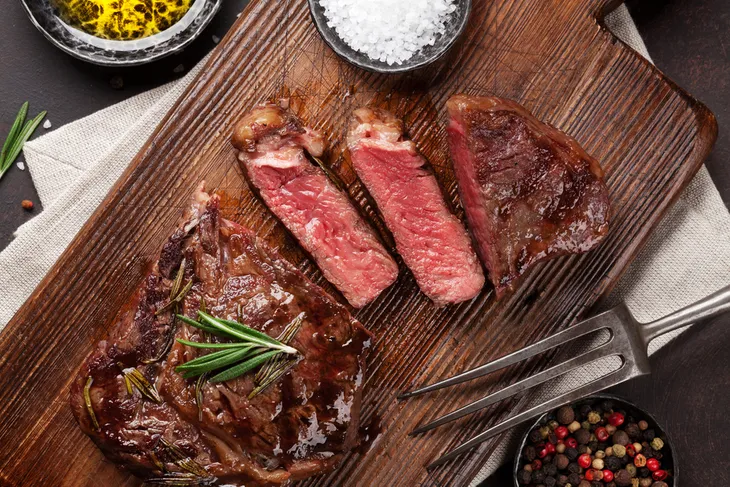 Shutterstock/Evgeny Karandaev
Shutterstock/Evgeny Karandaev8. Get Vitamin C From Natural Sources
The same source warns that taking extra vitamin C in supplement form can raise the risk of kidney stones, primarily in men – at least based on a 2013 study.
The source notes the study found that men who took “high doses” of C supplements had two times the risk of developing a kidney stone. “Researchers don’t believe vitamin C from food carries the same risk,” it adds.
9. Close The Lid On Soda
Prevention explains that soda is not your friend when it comes to kidney stone risk. It cites a study from the Brigham and Women’s Hospital that found those who drink 1-or more sugar-sweetened soda per day are 23-percent more likely to develop kidney stones.
The reason behind this apparently lies in the fructose content of soda, which raises excretion of calcium, oxalate, and uric acid, all of which can contribute to the formation of stones, it adds.
10. Give Them A Shake
Through exercise, that is. Prevention.com cites a study in the Journal of the American Society of Nephrology that shows some “light exercise” can cut kidney stone risk by more than 33-percent.
It notes that as little as 3-hours per week walking or 1-hour of jogging “changes how your body handles dietary minerals in ways that lower your chances of developing a stone.”
11. Don’t Be Too Sweet On Sugars
EveryDay Health warns of the dangers of food and drinks that contain a high amount of natural or added sugars when it comes to kidney stone risk.
Sugar makes calcium in the urine increase while lowering urine volume, which is a contributing factor to stones, it says. Of course, there are other reasons to avoid sugary foods on a regular basis.
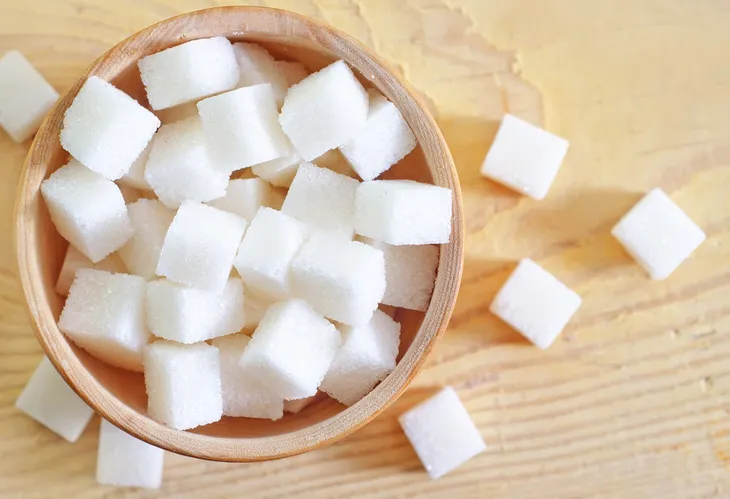 Gayvoronskaya_Yana / Shutterstock
Gayvoronskaya_Yana / Shutterstock
12. Talk To Your Doc
The same source says if drinking a lot of water and changing your diet isn’t making a difference when it comes to kidney stones, then you might want to consider some medication options.
It says drugs commonly prescribed to combat kidney stones include potassium citrate, Thiazide diuretics (which lower calcium in the urine), Allopurinol (that limits uric acid), Acetohydroxamic acid (to avoid stones formed by repeated urinary tract infections), and others. Managing health conditions such as obesity, high blood pressure, and diabetes can also help you avoid stones, it adds.
